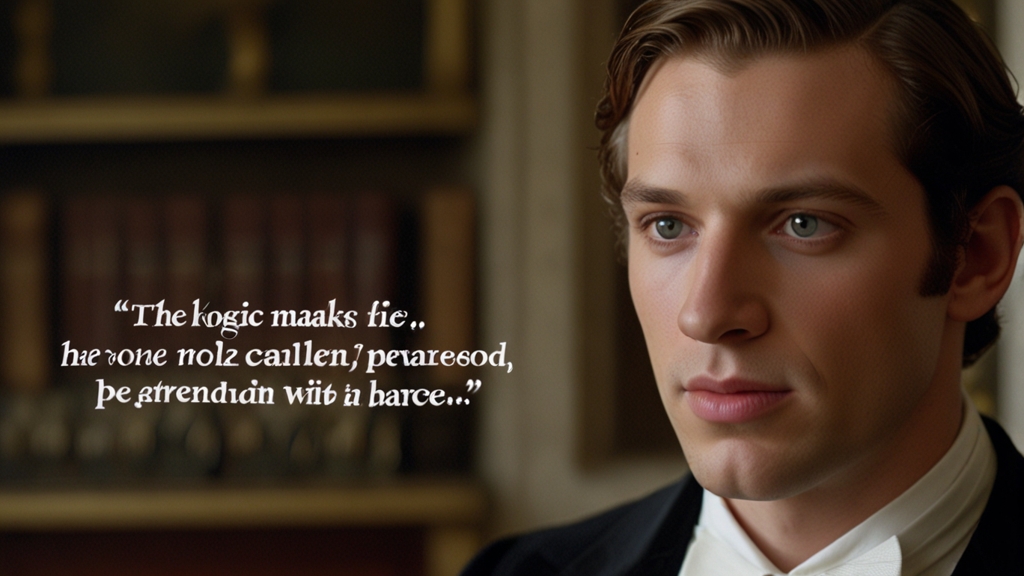The Cultural Impact of the Exodus Story on Art and Literature
The Exodus story, a foundational narrative for Judaism, Christianity, and Islam, has profoundly impacted art and literature throughout history. This epic tale of liberation and faith continues to be a source of inspiration, providing rich thematic material for countless creators. The influence of the Exodus extends across various genres and art forms, shaping the cultural landscapes where these stories are told and retold.
Artistic Representations of the Exodus
From Renaissance paintings to modern sculptures, the Exodus has served as a significant theme in visual arts. Artists have been captivated by its dramatic events and the profound human emotions involved. Key scenes such as Moses parting the Red Sea, the burning bush, and the receiving of the Ten Commandments are frequently depicted.
One of the most iconic visual representations is Nicolas Poussin's "The Crossing of the Red Sea," a painting that captures the energy and movement of this miraculous event. Similarly, Marc Chagall, a Jewish painter known for his expressive use of color and form, often infused his works with imagery from the Exodus, reflecting his cultural heritage and personal experiences of displacement.
"Art is the child of a relationship between the world and our experience of it. For many artists, the Exodus story offers a powerful lens through which human struggle, divine intervention, and the quest for freedom can be examined." - Art Historian Jane Doe
Literary Echoes of the Exodus
The enduring power of the Exodus narrative is also evident in literature. From ancient texts to contemporary novels, writers have drawn on its themes to explore issues of oppression, liberation, and faith. John Milton's epic poem "Paradise Lost" and Herman Melville's "Moby-Dick" both contain rich allusions to the Exodus, using the story's motifs to amplify their own themes of struggle and redemption.
In more recent times, the Exodus story has resonated with writers addressing social justice and civil rights issues. James Baldwin's essays and Martin Luther King Jr.'s speeches frequently reference the Exodus, drawing parallels between the biblical journey to freedom and the African American fight for equality. Similarly, the Spanish poet Federico García Lorca invoked the Exodus narrative to explore themes of persecution and exile in his works, highlighting its universal relevance.
"The Exodus story, at its core, is about the perennial human desire for freedom and self-determination. Its themes transcend cultural and temporal boundaries, making it a universal narrative that speaks to the deepest aspects of human experience." - Literary Critic John Smith
The Exodus in Popular Culture
The cultural impact of the Exodus story extends beyond traditional art and literature into popular culture. Hollywood has brought the story to life on the big screen with films like Cecil B. DeMille's "The Ten Commandments" and the animated feature "The Prince of Egypt." These adaptations have introduced the powerful imagery and themes of the Exodus to a global audience, reinforcing its status as a timeless narrative.
Moreover, the Exodus story finds echoes in music, theater, and other forms of popular entertainment. Bob Marley's "Exodus" album, for instance, uses the story as a metaphor for political and spiritual liberation, echoing the Rastafarian movement's identification with the Israelites' journey to the Promised Land. This demonstrates how the Exodus continues to inspire contemporary artists and resonate with audiences worldwide.
Conclusion
The Exodus story, with its rich tapestry of themes and characters, remains a powerful influence on art and literature. Its narrative of liberation, divine intervention, and human perseverance continues to inspire creators across various mediums. Through paintings, novels, films, and music, the Exodus story transcends time and cultural boundaries, embodying the universal quest for freedom and justice.
"Stories like the Exodus endure because they speak to essential human experiences. They remind us of our capacity to overcome adversity, the importance of faith, and the enduring power of hope." - Cultural Scholar Mary Johnson







